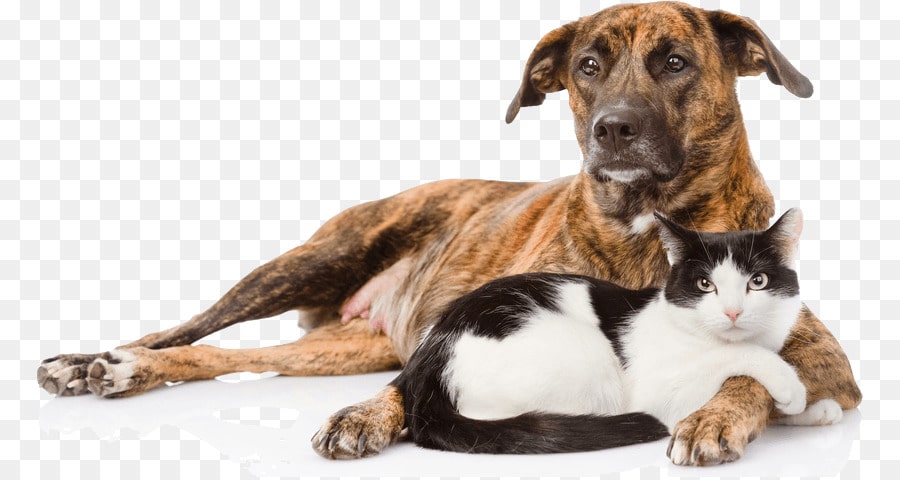If you’re looking for a protein-rich food for your dogs, Lamb is one of the best choices you can have.
Dogs are arguably more active than cats. Compared to the latter, most dogs often need to take walks or exercise. There’s also the fact that some even work with humans in either farms, police, or even the military. Because of this active lifestyle, they need protein and amino acids to build and maintain their muscles.
For this reason, lamb is often a better candidate. While a 100g serving of beef provides 25.9g of protein compared to lamb’s 24.5g, the same serving of lamb has more of the needed amino acids, or building blocks to assist with muscle growth and maintenance.
Lamb was also once labeled as “hypoallergenic” meat. But as more manufacturers started using this as a protein source for pet food because of its nutritional content, it has become common enough to be part of regular wet and dry pet food products.
Nutritional breakdown of Lamb
Every 3.5oz or 100g serving of lamb contains the following
258 Calories
25.6g Protein
0g Carbs
0g Sugar
0g Fiber
0g Fat
57% Water
It also contains the following vitamins and minerals:
Vitamin B12 – For maintaining healthy blood cells
Vitamin B3 – Also known as Niacin, important for preventing heart disease
Selenium – In trace amounts, this acts as an antioxidant to prevent cell damage
Zinc – A mineral that’s needed for producing hormones and overall body growth
Phosphorus – A mineral that is needed for maintaining bone health
Iron – Lamb is rich in this mineral, which is needed for blood health and hormone development
Lamb’s Nutritional Benefits for Dogs
1. Rich in Protein
The primary health benefit of Lamb is its high protein content and amino acid content. While Beef has more protein, Lamb contains more of the needed building blocks for muscle development. This makes it a viable alternative among other red meats.
2. Rich in Iron
Heme iron, or iron found in animal meat, is an essential part of hemoglobin, a protein that red blood cells need to carry oxygen from the lungs to the rest of the body.
Oxygen is a vital component for metabolism, which the body needs to produce enough energy for the day. Dogs need a lot of this, whether it’s playing or working. Less energy could lead to them being sluggish and lethargic.
3. Rich in B Vitamins
B Vitamins like B6 and B12 are necessary for maintaining a healthy immune and nervous system. If your dog is active and trained to respond to commands, having well-maintained cognitive functions allows them to work better and faster, especially in the field.
4. Rich in Omega-3 Fatty Acids
Similar to Salmon, Lamb contains EPA Omega-3, which acts as an anti-inflammatory agent that can ease itching and skin allergies. Having adequate amounts of this allows the dog to enjoy a shinier skin and coat, one of the first indicators of good health.
The best way to serve Lamb to your dogs
Lamb is the meat from young sheep, while Mutton is the term used for meat from adult sheep. Both must be fed cooked to your dogs in order to prevent any parasites or diseases from spreading.
A more convenient way is to have it as part of a complete and balanced dry dog food that uses Lamb as its #1 ingredient. One example is Addiction’s Le Lamb, which uses pasture-raised New Zealand Lamb, as it’s raised with no antibiotics or additives, making for a safe and worry-free formulation.
This dry dog food formulation is also mixed with probiotics, berries, and herbs to give added benefits to your dog’s immune system as well as Taurine for a healthy heart.
Give your dog the best protein and vitamin-rich food today.
Buy Addiction’s Le Lamb at a store near you!
Like us on Facebook and follow us on Instagram for more pet health and nutrition updates.











